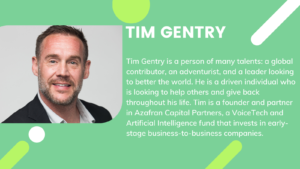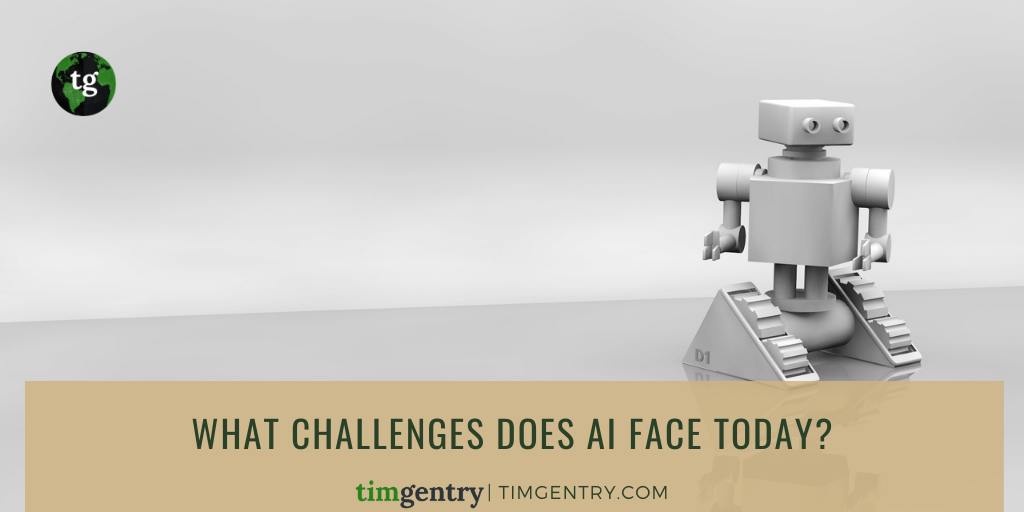Artificial Intelligence is growing in popularity and use. One report suggests that by 2030 AI could add upwards of $15.7 trillion to the global economy. There are many different forms of AI including digital assistants, chatbots, and machine learning contributing to the global economy. While all of this is fascinating and exciting, artificial intelligence still faces many challenges before reaching its full potential.
Computing Power: Deep learning and AI requires large amounts of calculations to be made fast; thus using up a lot of processing power. Creating an AI system is a prime example of this. In order to build a solid system, processing huge amounts of data is crucial. Many businesses face the challenge of coming up with the funds necessary to make this level of computing power possible.
People Power: Let’s face it, AI is still an emerging technology. This means that there are still a small number of individuals that have the necessary training for AI development. There have been small amounts of organizations willing to invest in skills development, which also leads to a lack of people power. Companies that are starting to use AI need to allocate funds for development in this area. Investing in this now will help companies stay ahead of the competition in the future.
Privacy and Security: As we’ve already discussed, AI uses large amounts of data to learn and make decisions. All of the data used (sometimes sensitive data) helps the system to enhance itself. The massive amount of stored data makes these AI systems a target for data breaches, cyber attacks, and identity theft. Some are combating this by implementing protection. The European Union has implemented the General Data Protection Regulation; a policy aimed at protecting personal data belonging to EU citizens.
Trust: It’s hard to grasp the concept of what artificial intelligence actually is, and what it does. This makes it hard for people to trust this technology to make decisions for us. To help build trust between man and machine we need to help people see that this technology works.
Algorithm Bias: According to Forbes India, “An inherent problem with AI systems is that they are only as good – or as bad – as the data they are trained on.” This means that sometimes bad data can include gender, race, or ethnic bias. When this data is then put into algorithms that determine who is called for an interview or who gets a loan, there can be issues. Luckily, companies are coming up with technology to help combat bias. Microsoft is creating tools that can help us automatically pick out bias in AI algorithms. This is helping us create and leverage technology without unintentionally discriminating.
Even though there are a few challenges for AI to face, there are solutions out there to improve it.


